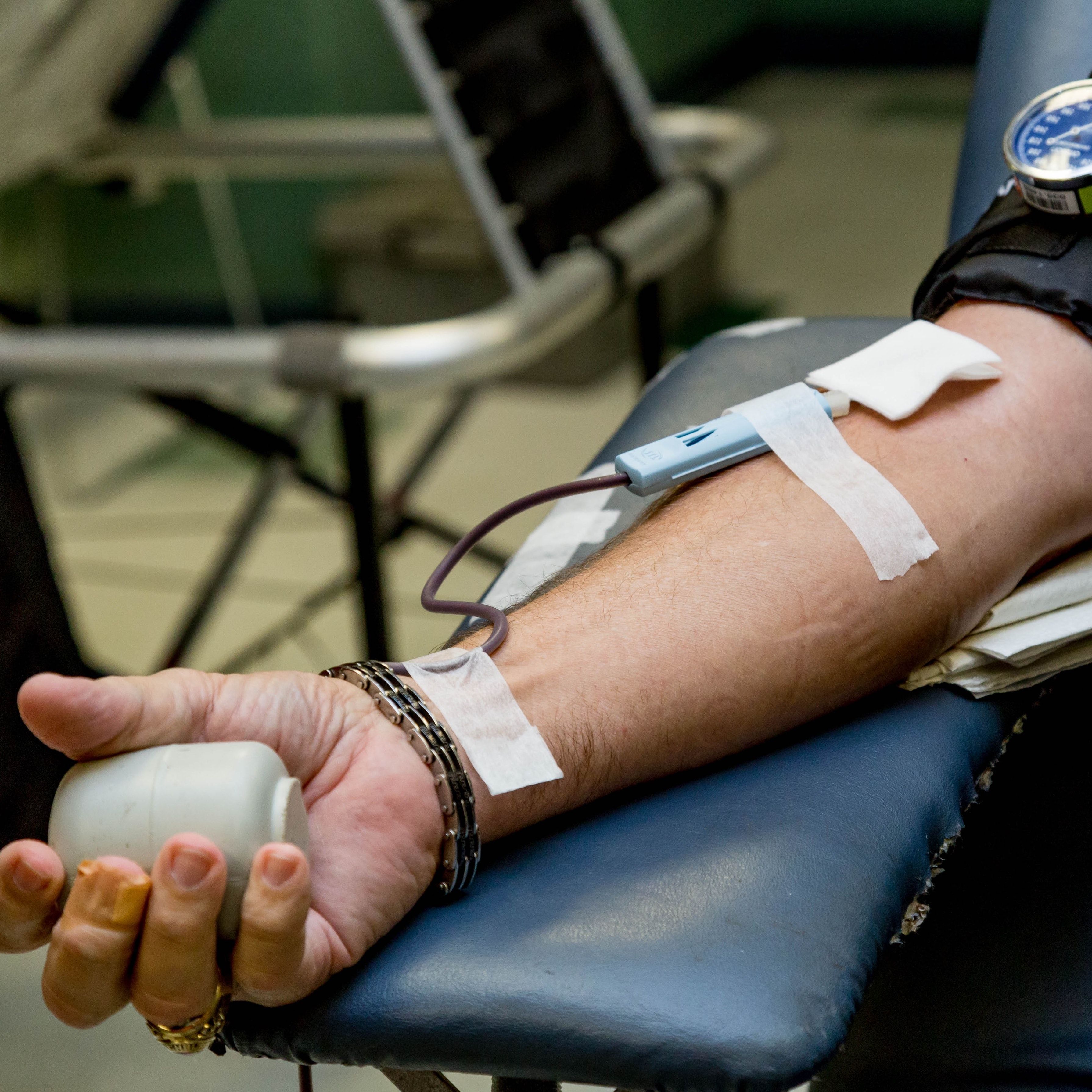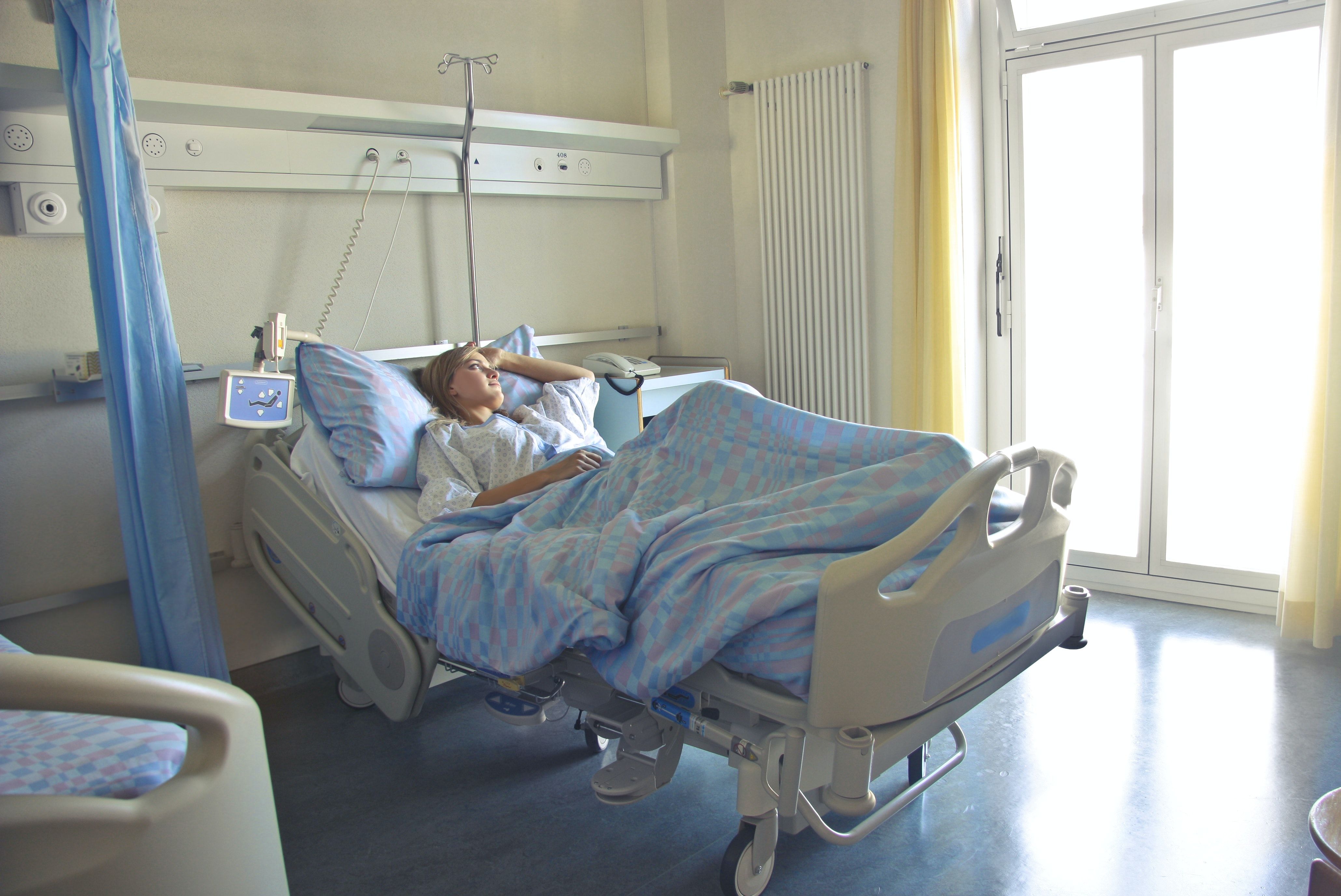Video
Early Interventions in the Treatment of HIV Infection
Joseph Eron, MD: The other thing that has changed a lot over time is when to start treatment. Colleen, I can remember debates about CD4. “Above this.” “Below that.” Where are we now, in terms of giving therapy?
Colleen Kelley, MD: I think I’ve actually seen you debate that one point several years ago.
Joseph Eron, MD: Probably on both sides of the plate.
Colleen Kelley, MD: That’s right. Well, it’s now very simple, right? Anyone who’s HIV positive deserves HIV therapy. We don’t worry about whether someone’s C4 count is high or low. We offer therapies to everyone. It makes it a lot easier when you have those discussions.
Joseph Eron, MD: Yes, I think that’s really critical for primary care providers. Maybe they’re going to do more testing and they’re finding people who are positive. Maybe their comfort level ends there and they want to refer people for care. So, anybody who’s positive should be treated. Dan, are there exceptions?
Daniel Kuritzkes, MD: There really aren’t. There’s no emergency in starting therapy, for most patients, unless they’re presenting very late in the course of disease. But if somebody is reluctant to go on treatment or if somebody is temporarily in a chaotic life situation, you may take some time to get things stabilized. You may take some time to get to know the patient, to reassure them about the tolerability of the treatment and get them to accept treatment. But that should only happen in the minority of patients. It should be the exception rather than the rule. For most patients, we really do want to get them on treatment at the time of diagnosis. There have been more and more efforts in California, New York, and in Boston, as well, to try to do same-day initiation of antiretroviral therapy. That’s the best way to prevent somebody from falling through the cracks and falling off the cascade.
Joseph Eron, MD: We need to consider treatment as prevention. We didn’t really get into that. Maybe we should?
Eric Daar, MD: That’s what I was thinking, as we were talking about this. The simplicity is nice. Treat everybody, if they’re willing. But the reason why we treat everybody is because we now have overwhelming data that show that even people with high T cells benefit from early therapy. They have less adverse outcomes. So, that’s really good. And then there’s the prevention part. We have this amazing data that show that if somebody’s viral load is suppressed, their risk of transmitting to a partner is extremely small. We are approaching zero, for that person who is stability suppressed for 6 months or more, who takes their medications consistently. So, there’s the personal benefit and the public health benefit.
The biggest factor is that this allows us to have this conversation about how good treatment is. When we start someone on therapy, we’re telling them, “You’re going to take 1 or 2 pills a day, with virtually no adverse effects. And frankly, if you have any, we can switch to another option.” And in these randomized control trials of early versus delayed therapy, the positive outcome is that you have less adverse events, as far as AIDS progression and things like that. But the other finding is that if you compare adverse events between those on therapy and not, there’s no difference. The drugs are so well tolerated.
Daniel Kuritzkes, MD: A really critical issue is that the clinical trials showed the benefits of early initiation, even at high CD4 counts. People in the placebo arm had opportunistic infections and had events, particularly malignancies, that we typically associated with more advanced disease. Although it’s hard to identify which patients are most at risk for those adverse events, out of a large group of patients, the take-home message is that everybody needs to be treated. Even at high CD4 counts, people with HIV infection are still at risk for adverse medical outcomes.
Eric Daar, MD: In the famous START study, two-thirds of the events occurred in people with CD4s of over 500. That’s amazing.
Joseph Eron, MD: I think of this idea of how well someone can do as well as how they can also protect their partners. We hear a lot about people who don’t modify their behavior. But a lot of my patients are very cautious about sex because they’re worried about infecting other people. Now, there is really strong data, both from randomized trials and from observational cohorts, demonstrating this kind of undetectable, uninfectious…
Colleen Kelley, MD: Untransmissible…
Joseph Eron, MD: Untransmissible. It was you, right?
Colleen Kelley, MD: Yes. When you’re talking to a newly diagnosed patient and you are telling them that they’re going to live a normal lifespan without infecting their partner, it is incredibly liberating. You can just see their faces accept that news. They feel so much relief when you educate them about that. It’s just such a good time to be in this space.
Eric Daar, MD: I agree. Five years ago, the message was, “You’re going to do great. The only thing that’s going to change is condoms.” But now you don’t even have to say that, in the right clinical situation.
Transcript edited for clarity.





